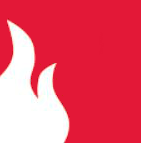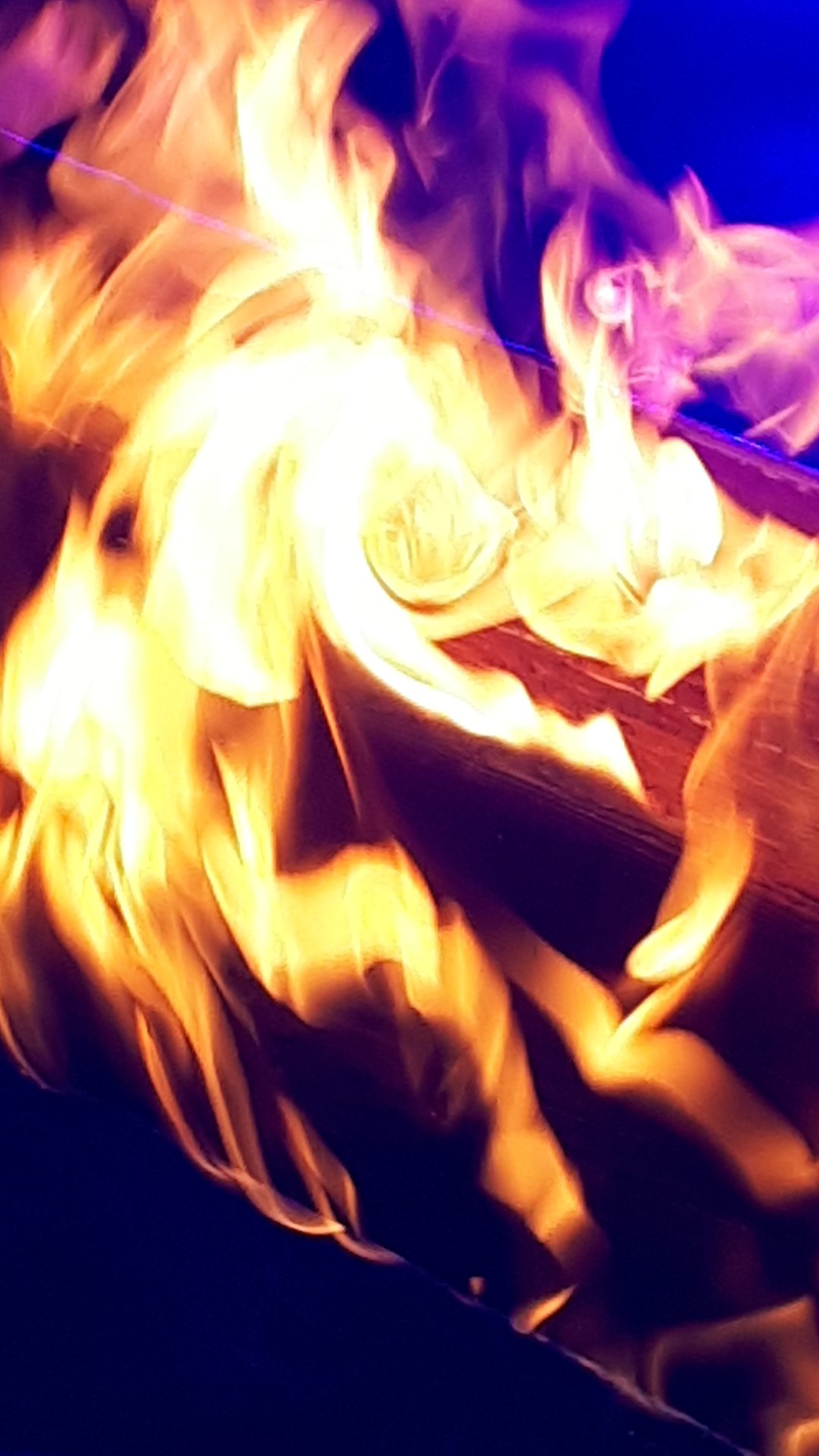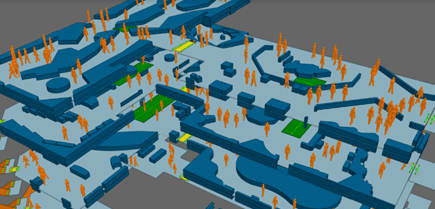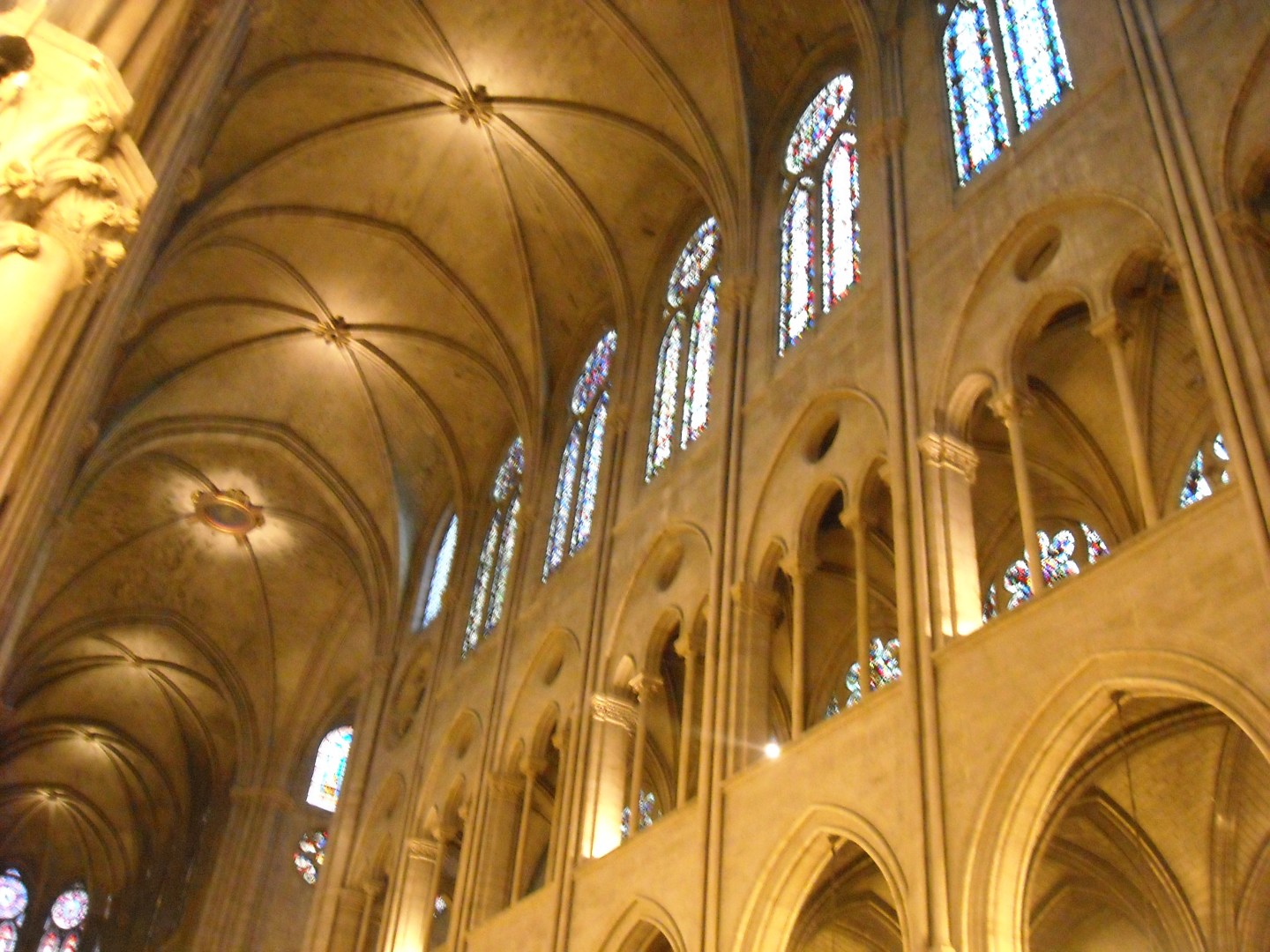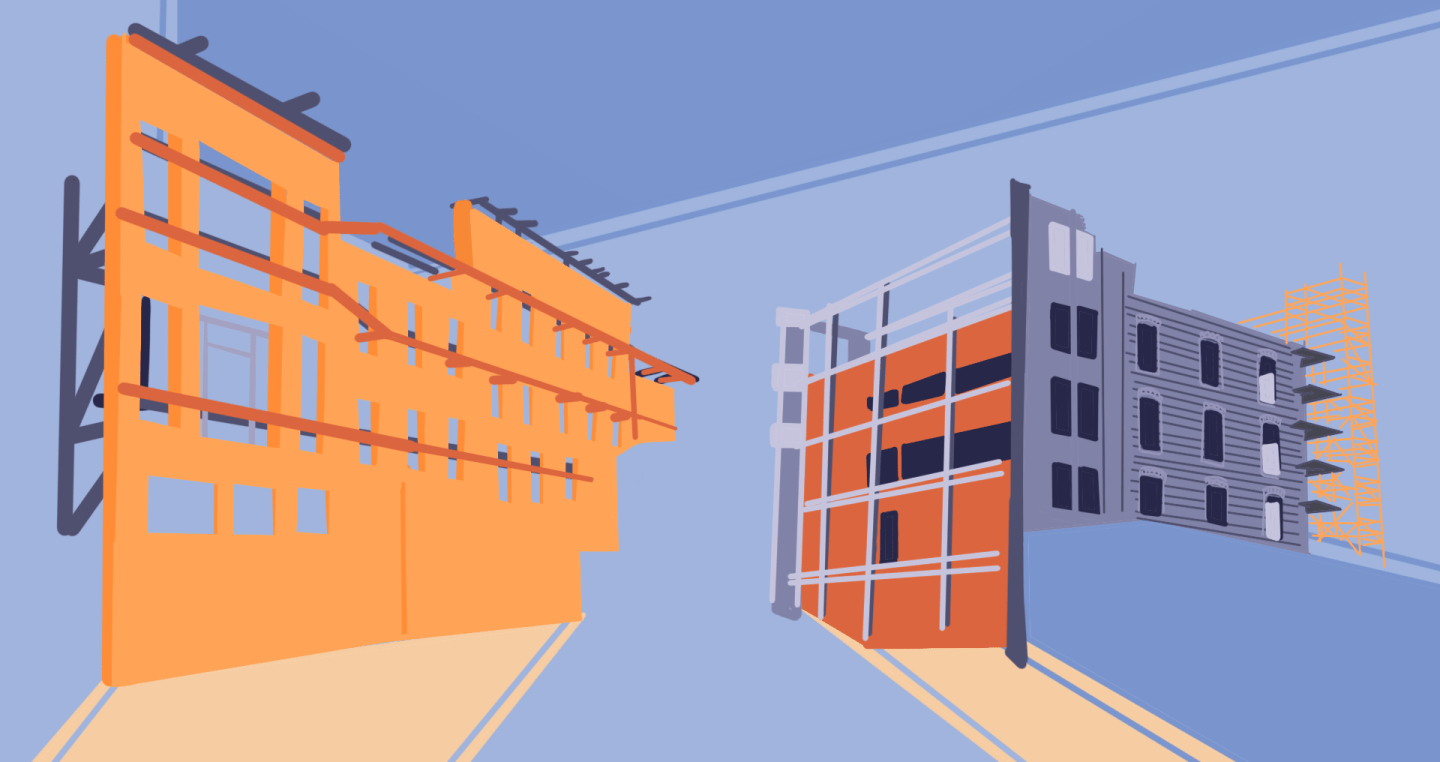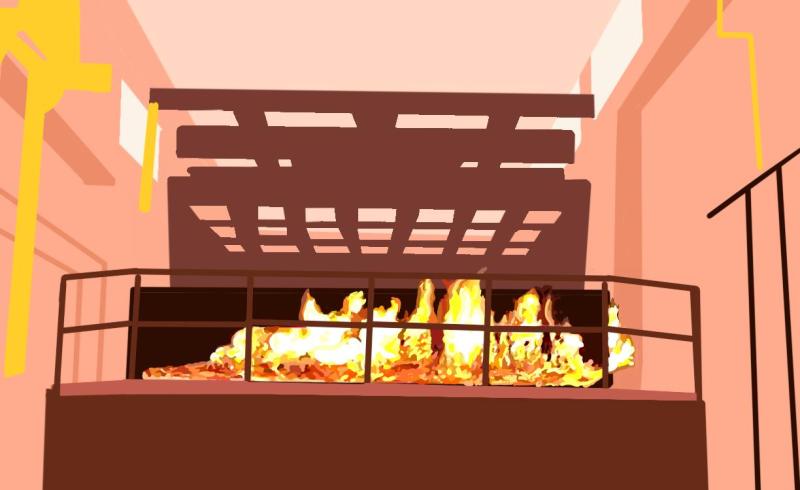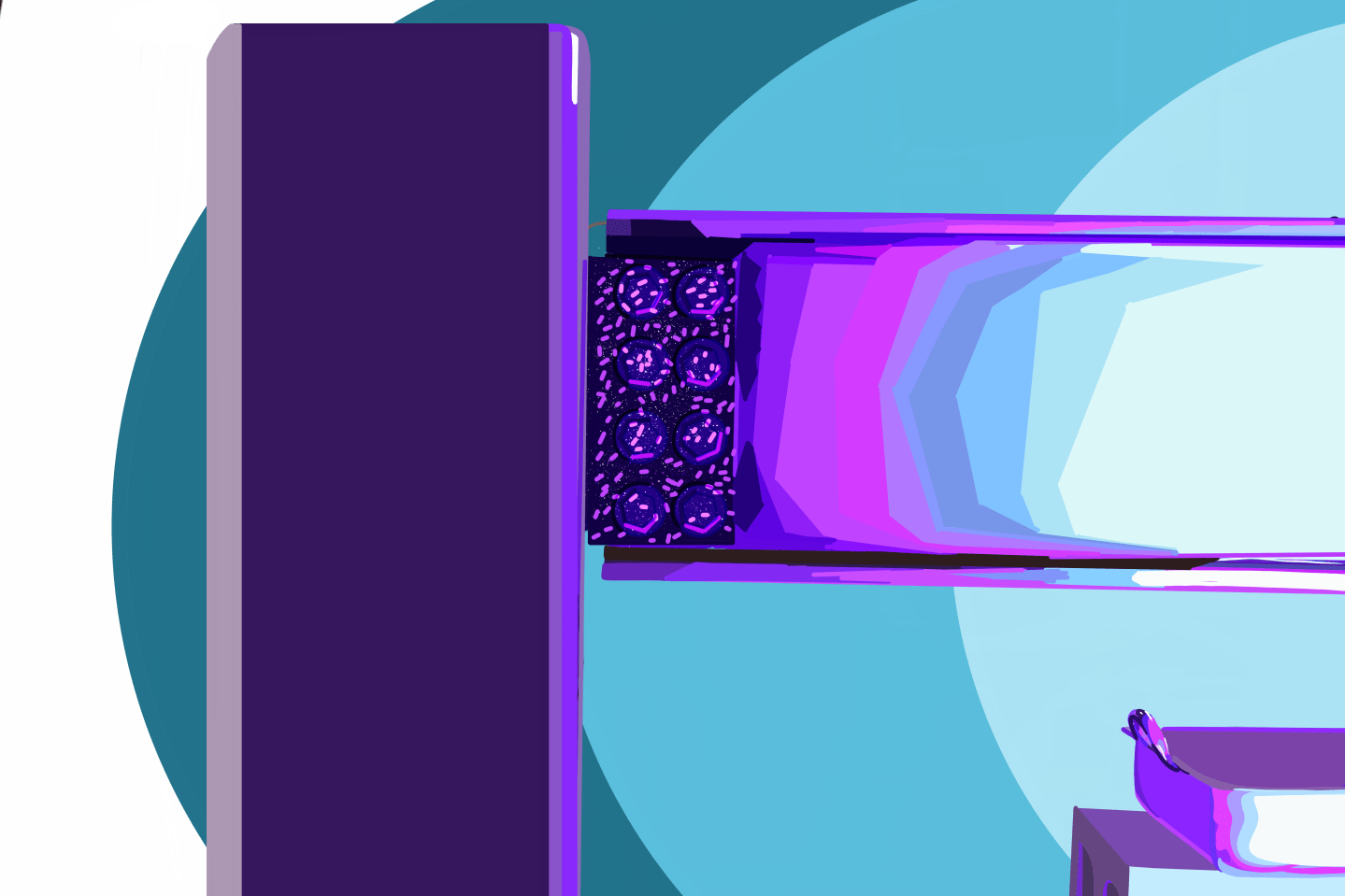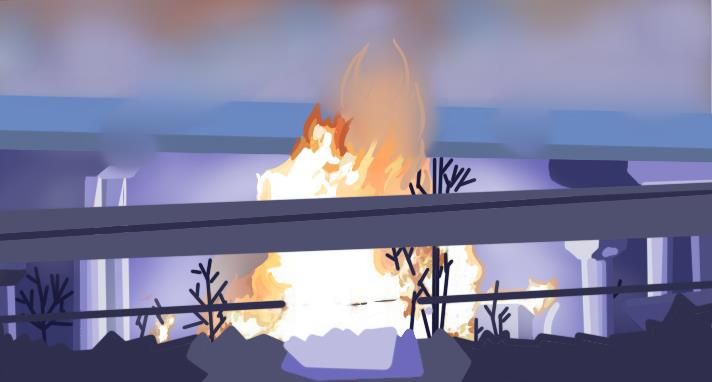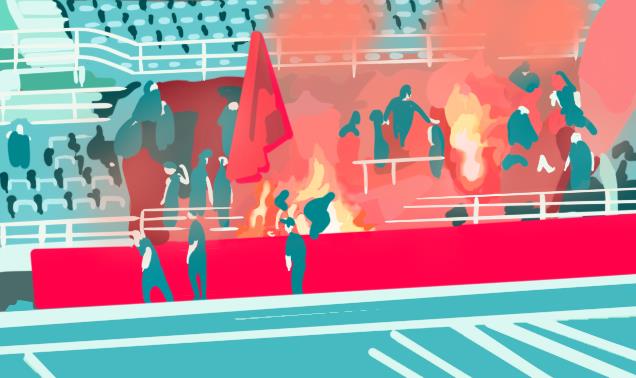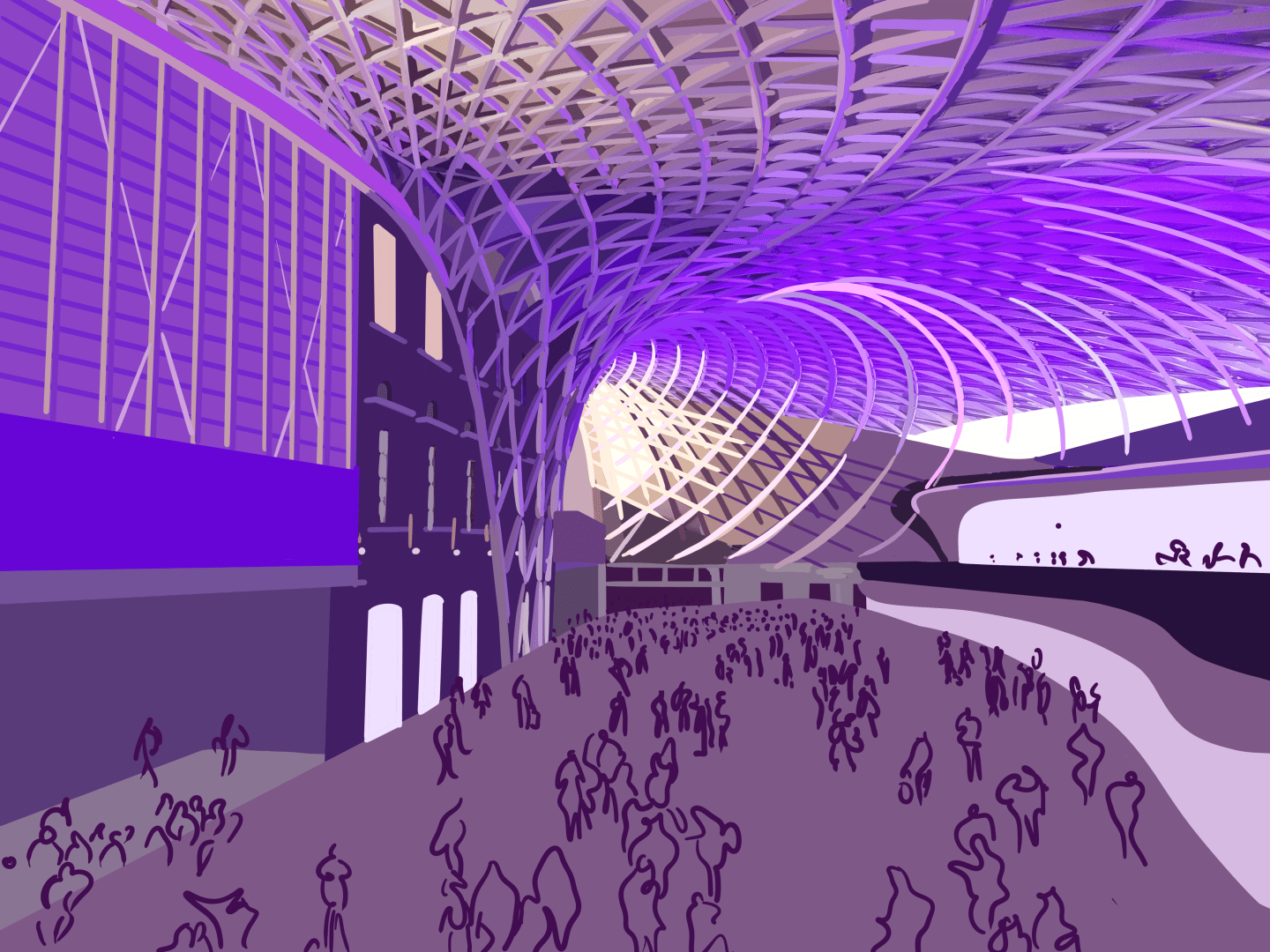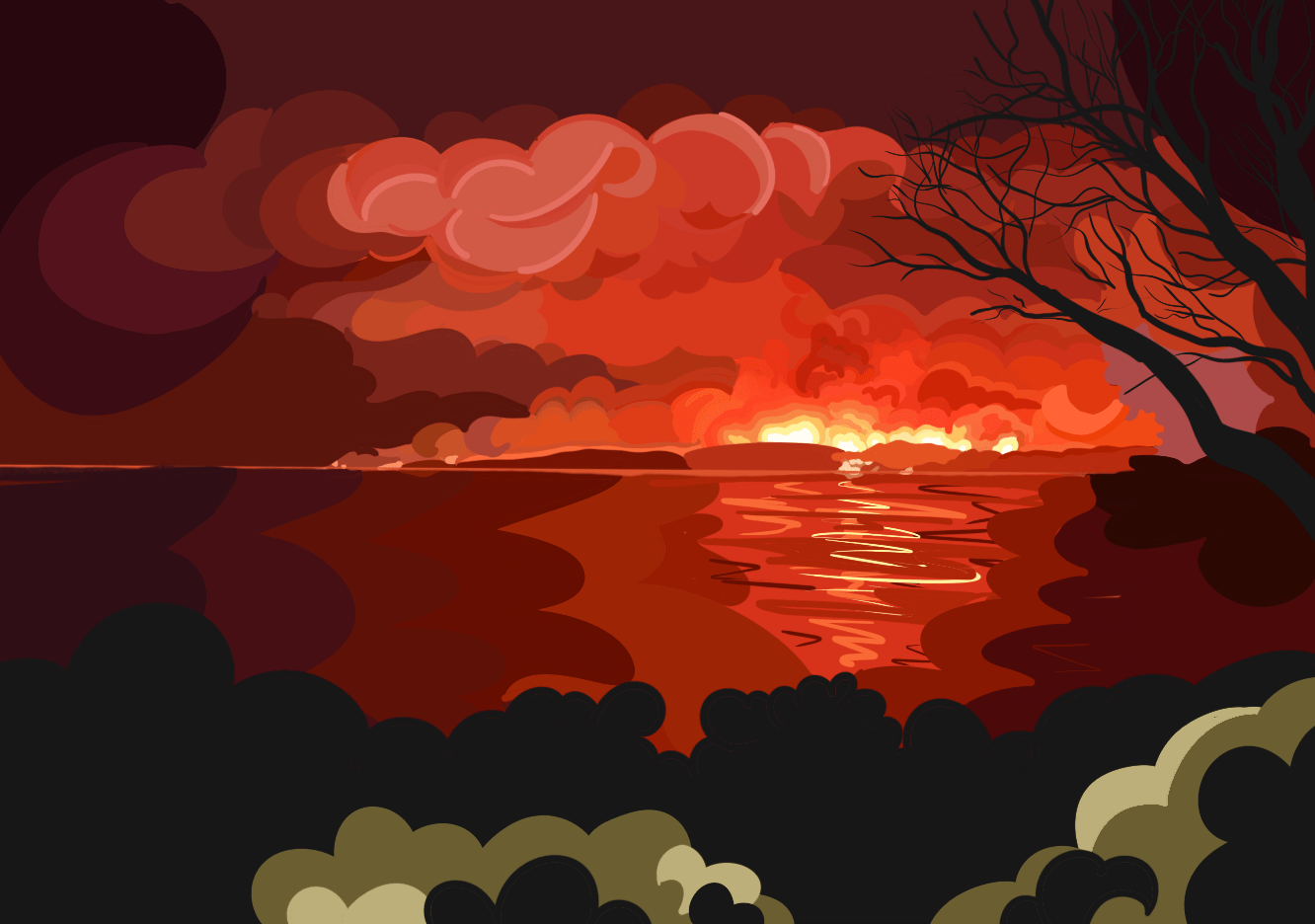Welcome to the York University fire safety engineering research group’s website! Our team’s research interests include resilient structural fire design, human behaviour and human factors in fire, sustainable construction materials in fire, and re-purposing (or adaptation) of heritage building infrastructure for fire safety. The team is located at York University in Toronto Canada.
We are a team of graduate and undergraduate research students focusing on education in fire safety with emphasis on applied research. This website’s purpose is to make our research and related engineering interests readily available to the public.
– YorkU Fire Team
Our research group has its origins from the University of Edinburgh, UK. Following a substantial infrastructure and development commitment at York University by the federal and provincial governments to establish a fire safety engineering research group, our team is now predominately based in Toronto. Our research team actively maintains active collaborations with University of Waterloo, Queen’s University, and Carleton University. Our team is also active in various international collaborations and student exchanges related to fire safety engineering research with the University of Canterbury in New Zealand, Imperial College London in the United Kingdom, CERIB in France, and NIST in the USA.
The team is led by professional engineer and building codes member, Dr. John Gales. He is also Associate Editor of Fire and Materials (one of the world’s leading fire engineering journals) and Canadian Journal of Civil Engineering (the leading civil engineering journal in Canada). To date he has approximately 240 scientific contributions.
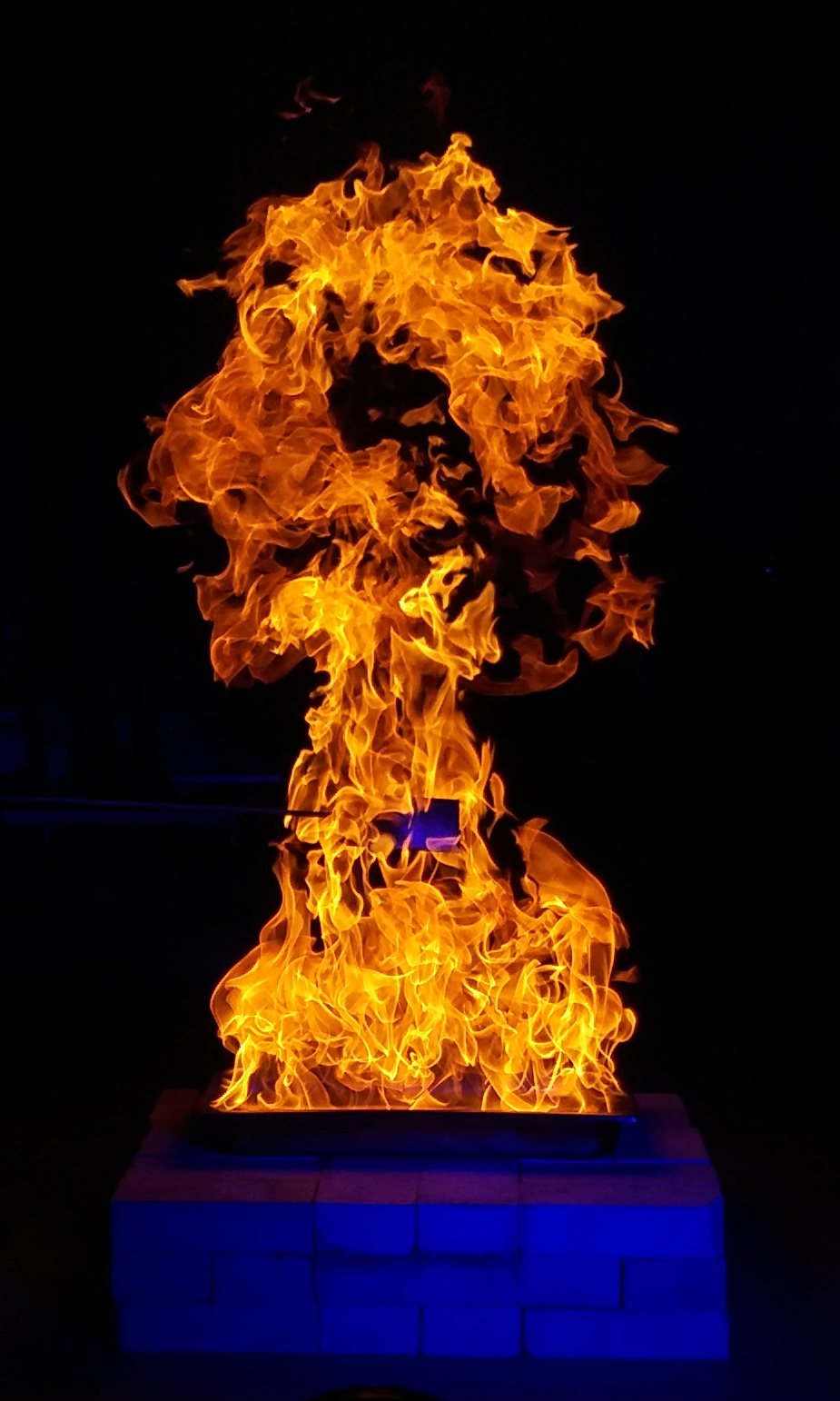
A voting member of Canada’s national building code (fire protection), he is was also one of four Task Group Chairs in the Fire Protection Committee of the American Society of Civil Engineers, the leading structural fire committee in the United States. As task group chair in 2018 he was responsible for significant portions of the ASCE Manual on Engineering Practice for Structural Fire Engineering. This document represents community consensus on performing fire engineering in the United States. He is also Chair of the committee on Fire Behaviour and Safety of Structures of the Canadian Society of Civil Engineers and was recent chair of ASTM’s 100 years of fire testing workshop which represents developments for international standardization. With emphasis on scholarly training for future fire engineers he leads a team that has been recipients of 108 major scholarships and awards in its history.

Our work is heavily focused on practical research which can be applied in consultancy. The majority of our partners are leading firms based in Toronto. Since our groups focus is on training the next generation of fire safety engineers this focus aligns with our mission. Currently our principle industry collaborators are the firms Arup and Entuitive.
Teaching and Education
For our team’s graduate degrees principally offered through York University’s Civil Engineering program, we emphasize the following fire engineering graduate courses either through VOD or in class on site (York):
- Human Behavior in Fire (CIVL 6490 in York University Calender)
- Fire Resilience of Structures (CIVL 6491 in York University Calender)
- Fire Dynamics (Civl 6492 in York University Calender)
Fire Resiliency Lab
Our teams experiments are primarily carried out at the York University Fire Resiliency lab. This is a first of its kind laboratory for the analysis of building materials based on fire resiliency concepts. Fire resiliency is the study of the degree of damage caused by a range of fire exposures, and the subsequent levels of repair necessary. The laboratory includes a 15x20m strong floor with a 12m high strong wall system. Strong floor and wall configurations enable fixed connections to them replicating as built foundation configurations. Customizable heating trays with outputs of 1000°C (or 2MW energy output) are available. The lab also includes technology for cone calorimeter technology and thermogravimetric at material scales. Instrumentation technology for measuring strain and deformation in fire is also available in the lab. Environmental technology for the treatment of emissions are also enabled and included in this lab. Protocols for collecting and treating containment suppression water are followed. The fire resiliency lab also contains a suite of testing apparatus frames to test assemblies and materials at small to full-scale.
Human Factors Lab
Our facility is equipped largely to run field data collection exercises of pedestrian circulation (movement and crowds) in a variety of public and private spaces. Our equipment is predominantly mobile and can be placed in varied settings. In general, the data collected is largely from film and analyzed in house by the research team. We have developed multiple semi-automated approaches to extracting human factors data from film. Our equipment currently includes storage facilities for data (about 2TB per field study is required for 4k filming), four Canon 5Ds Mark IV systems, Two Canon 5Ds Mark III, 50 Go-Pro Hero Cameras (wireless connections), and EF zoom lens capability. Our data collection is very project specific and influenced on the ethical limitations and approval (approximately two to three months). In most cases these would be used if high resolution video was not available. We also have a LiDAR system and related technology in our possession. This system contains four sensors (each with 70m radius range), processing server & tracking software and AI. In most of our data collection exercises we validate and verify existing software for development. We subsequently utilize Oasys technologies for human factors projects such as Massmotion and for educational purposes PathFinder.
Contact
Media requests for team lead Dr. John Gales are best made via email for a rapid answer (text interviews in French can be accommodated if requested). General inquiries can be made via email at jgales@yorku.ca.
Want to join us? See Prospective Students.
